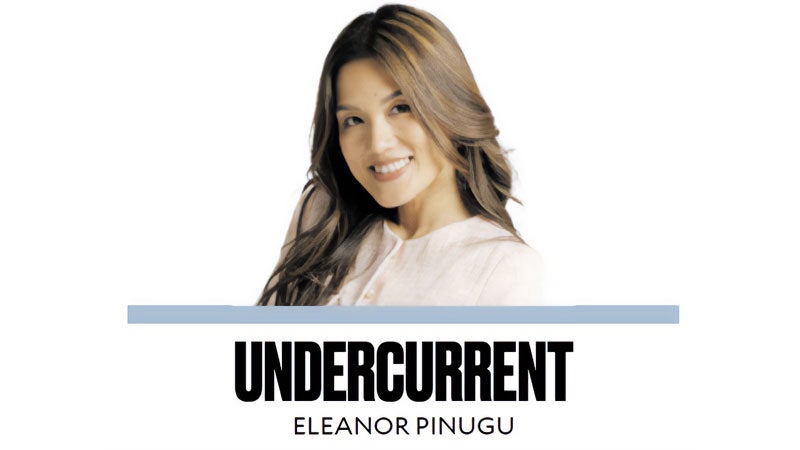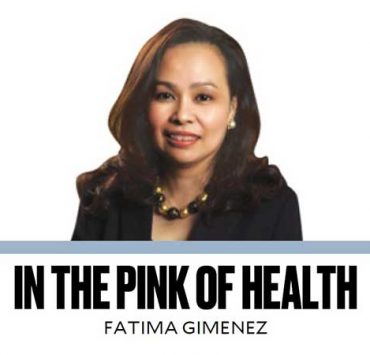Selling beauty to kids and tweens

The infiltration of the beauty industry into the lives of children is becoming more noticeable and concerning.
Recently, I came across an article in a popular lifestyle magazine encouraging parents to purchase “kid-friendly” makeup and skin care products for their children, claiming that since many girls already love playing with their mothers’ makeup kits, they might as well have their own nontoxic versions. The author even asserted that learning how to apply makeup at an early age could be beneficial to the children since they will have a chance to develop their art and fine motor skills when learning how to apply eyeshadow or eyeliner. While encouraging makeup use under the guise of fostering creativity might seem harmless or even supportive of a child’s interests, it is worth reflecting on how this could accelerate their exposure to societal beauty standards and body image issues at a time when they are just figuring out who they are.
I remember my own early fascination with makeup. In grade school, my classmates and I were drawn to a certain candy from the canteen because it left a pinkish tint on our lips. When my Mom finally allowed me to have a strawberry-flavored lip balm in sixth grade, I felt so pretty and grown up. These simple experiences starkly contrast with today’s intricate beauty rituals among young people. Pre-teens, some as young as 10 years old, are posting videos of their extensive product hauls and showcasing routines that sometimes include anti-aging products like eye creams and retinol. Since skin aging does not start until someone is in their late 20s, these young consumers might actually be causing long-lasting damage to their skin barrier, making it more vulnerable to acne and irritation. Dermatologists report a significant increase in young patients seeking treatments either for perceived imperfections or product-induced skin issues after trying out something they saw online.
This phenomenon isn’t confined to any geographical boundary, thanks to the internet’s global reach which has homogenized youth culture around the world. Back in the day, we usually find out about the latest fashion and beauty trends from our older sisters, neighbors, and teen magazines. In contrast, younger generations are growing up surrounded by screens, constantly and widely exposed to beauty recommendations from their peers, favorite celebrities, and viral influencers. Adding to the challenge is that algorithm-driven platforms may be indiscriminately exposing children to adult-intended beauty content.
Artificial Intelligence (AI) has made the issue even more complex. AI-driven apps and filters provide users with hyper-idealized, digitally altered images of themselves, showcasing flawlessly smooth and poreless skin, which often distorts user perceptions of personal beauty. In a recent visit, my dermatologist shared an insightful shift in her younger clients’ aspirations. Whereas previously, young people might have brought images of their celebrity idols to their appointments as benchmarks for their own beauty goals, today they are more likely to present an AI-altered or IG-filtered version of themselves as the desired outcome. The result, mental health experts say, is a generation of children who have much higher levels of negative body image issues, leaving them vulnerable to the often unrealistic promises of beauty advertisements.
While it is difficult to fault companies for wanting to capitalize on market opportunities, it is essential for them to consider the implications of this trend. I appreciate how Drunk Elephant, one of the skincare brands that is popular among pre-teens, released a statement on their Instagram page advising younger fans not to buy their products that have overly potent ingredients. Unfortunately, however, there are other beauty brands that are actually aggressively marketing their anti-aging products to teenagers, encouraging them to stop the aging process before it even begins. This approach perpetuates harmful beauty standards and inadvertently reinforces any unhealthy body image issues these young consumers may have about themselves.
Beauty practices can indeed be empowering and a form of self-expression, but they can also become unhealthy obsessions that have long-lasting negative impact on how young people see and feel about themselves. Parents and educators should have open conversations with children to help them gain a more informed perspective on how beauty products are marketed, and the potential consequences, both physically and mentally, of using them prematurely. Dermatologists also recommend parents bring in “beauty-curious” pre-teens for some expert advice on skincare that is appropriate for their age and skin type.
As a society, it requires a wider community effort to critically look at how technology is changing our ideas of beauty and what that means for both individual and group well-being, and the ways we could counter damaging narratives about beauty. Ultimately, the responsibility rests with all of us to broaden young people’s views and guide them to build healthy self-esteem so that they may see these beauty trends as a source of fun and creativity—but that physical appearance should never be the yardstick of one’s worth or acceptance.
eleanor@shetalksasia.com

















